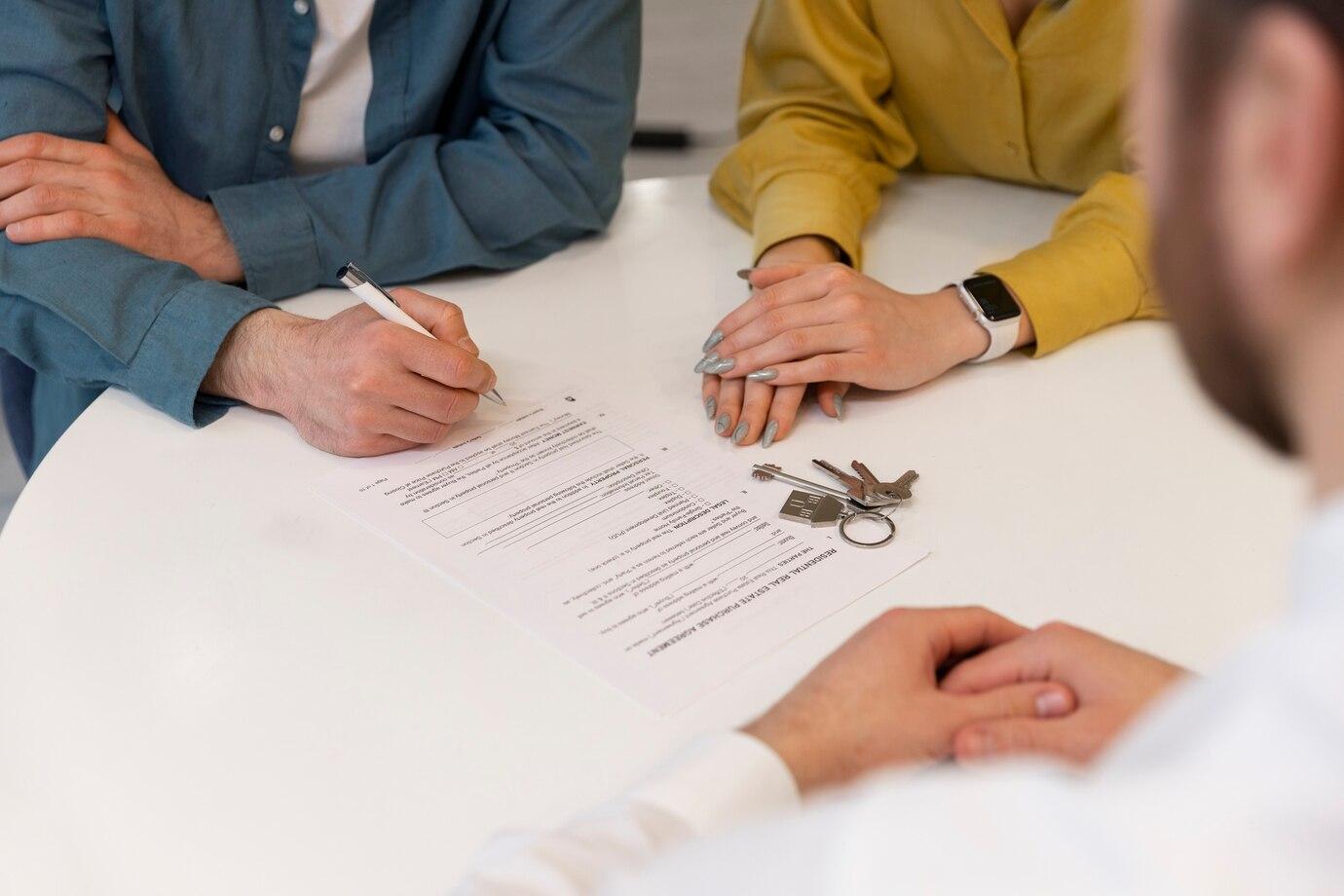Buying real estate is a serious decision that requires a careful approach. Unfortunately, this area is not protected from fraud. Scammers come up with new schemes to get money from unsuspecting buyers.
Main Fraud Schemes
Fake Realtors
One of the most common methods of deception is the use of fake realtors. Scammers create fake real estate sale ads with attractive prices that attract buyers. Often, they use photos of real properties but have no rights to them.
The scammer contacts the buyer, informs them about the availability of the property, and offers to make a deal. To confirm the seriousness of intentions, they may ask for a deposit or advance payment. At this stage, it is important to suspect something is wrong. The inability to see the property in reality is a warning sign.
Contract Tricks
Some scammers use complex wording in contracts. They may include clauses that could lead to unpleasant consequences for the buyer, such as mandatory payment for additional services or fines.
Carefully study all the terms of the agreement and do not hesitate to ask questions if something seems unclear. It's best to consult with a lawyer specializing in real estate.
Fake Documents
Fake documents are another sophisticated trick used by scammers. They can create fake documents confirming ownership, which can mislead even an experienced buyer.
It is important to remember that checking documents is a mandatory step before purchasing real estate. Request original documents confirming ownership and the absence of encumbrances on the property.
Websites and Ads on Avito
Today, many scammers create fake ads on websites like Avito or CIAN. They present properties that do not exist or list prices significantly below market value to attract buyers' attention.
Be cautious and always verify contact information. If possible, contact the owner directly or through an official realtor to ensure the legitimacy of the deal.

Emotional Pressure
Scammers may use tactics of emotional pressure, convincing you that the property will be "snapped up" in a matter of days if you do not purchase it right away. This is a manipulation and an attempt to make you rush your decision.
Do not succumb to emotional pressure. Choosing real estate is a serious step that requires time for analysis and evaluation. If something is being pushed on you too quickly, be alert and consider your next actions.
Safe Transaction: How to Avoid Fraud
Property Inspection
The first and one of the most important steps before purchasing is inspecting the property. If the realtor or seller refuses your request, it's a serious warning signal. Always verify the existence of the property as well as the documentary basis for its sale.
During the inspection, pay attention not only to the appearance of the apartment or house but also to the condition of utilities, roads, and the availability of nearby infrastructure. Do not hesitate to ask questions.
Realtor Check
When choosing a realtor, make sure they work in an official company and have all the necessary licenses. Inquire about their reputation, client reviews, and work experience. Conducting independent research can save you from significant financial losses.
Experts recommend working only with those realtors who have positive reviews and are registered with legal organizations. Ask them how they plan to conduct the transaction and what steps will be involved.

Legal Document Verification
Before buying real estate, be sure to conduct a legal check of all documents. This includes checking ownership rights, the absence of debts, and encumbrances. The best option is to work with a lawyer who is well-versed in the real estate market.
Additionally, it is useful to request an extract from the Unified State Register of Real Estate, which will help confirm the seller's ownership rights and the absence of encumbrances.
Concluding the Deal Through a Notary
A notary will verify all documents, authenticate your identity, and the legality of the transaction. In this way, you get an additional level of protection.
Do not ignore this step - a notary can protect you from many risks that may arise when handling large sums of money.

Buyer Protection: Safety Rules
Buying real estate is a significant investment, and it is important to take measures to minimize risks. Here are some key rules:
- Conduct your own research. Never rely solely on information from realtors or sellers. Conduct your own research: use online resources, compare prices, read reviews.
- Don't rush. Buying real estate is not a sprint. Do not fall for tricks that urge you to act quickly. Making an informed decision can save you from losses.
- Consult professionals. We recommend consulting lawyers and experienced realtors. A professional can assess the situation from different angles and identify potential risks.
- Pay attention to details. Watch for details: transaction transparency, seller's reputation, documentation. A systematic approach and attentiveness can help avoid many problems.
- If you encounter fraud, do not hesitate to contact law enforcement. This can help not only you but also others who may become victims of the same scammer.

Conclusion
Fraud in real estate transactions is a serious problem faced by many people. The use of various schemes by scammers can lead to significant financial losses and stress. However, by being aware of the main schemes and following the recommendations for a safe transaction, you can minimize risks and protect yourself.
